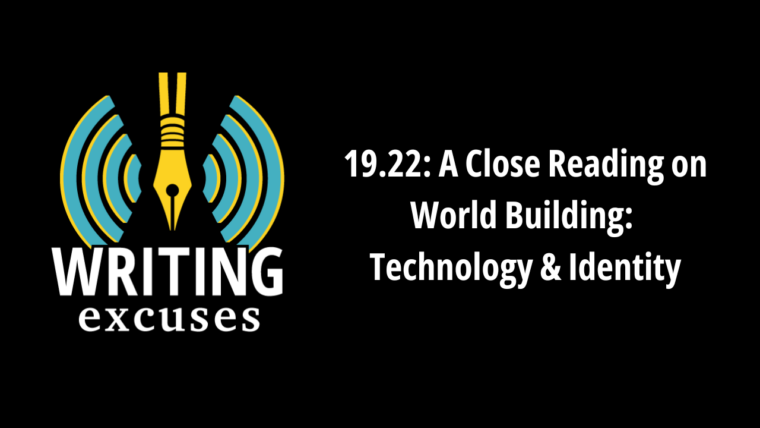This week, we’re digging into context—what it is, why it matters, and how it can totally transform your storytelling. Whether you’re working in fantasy, sci-fi, or anything in between, the details you choose to include (or leave out) can make your world feel rich, real, and emotionally resonant. We talk…
Fifteen minutes long, because you're in a hurry, and we're not that smart.


